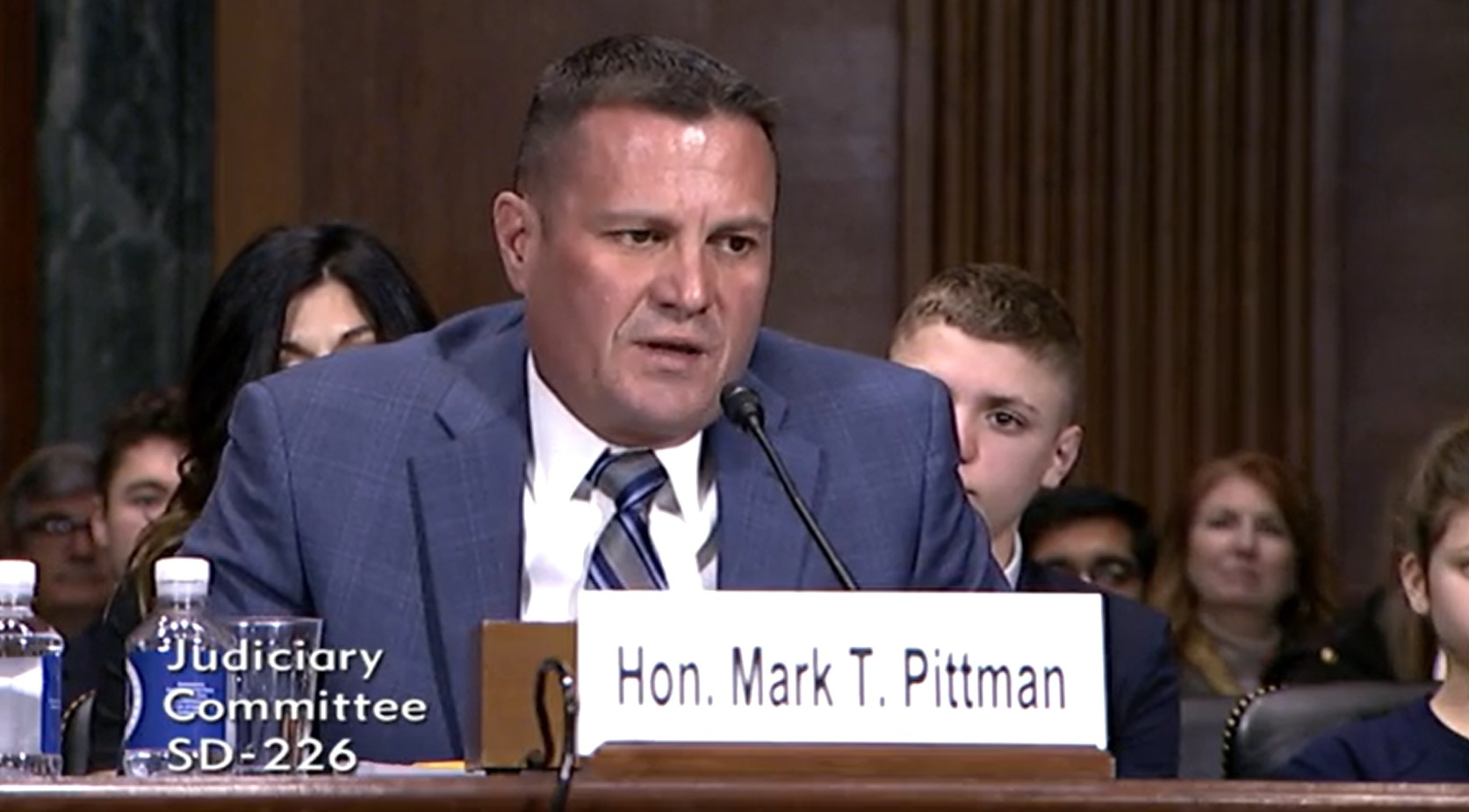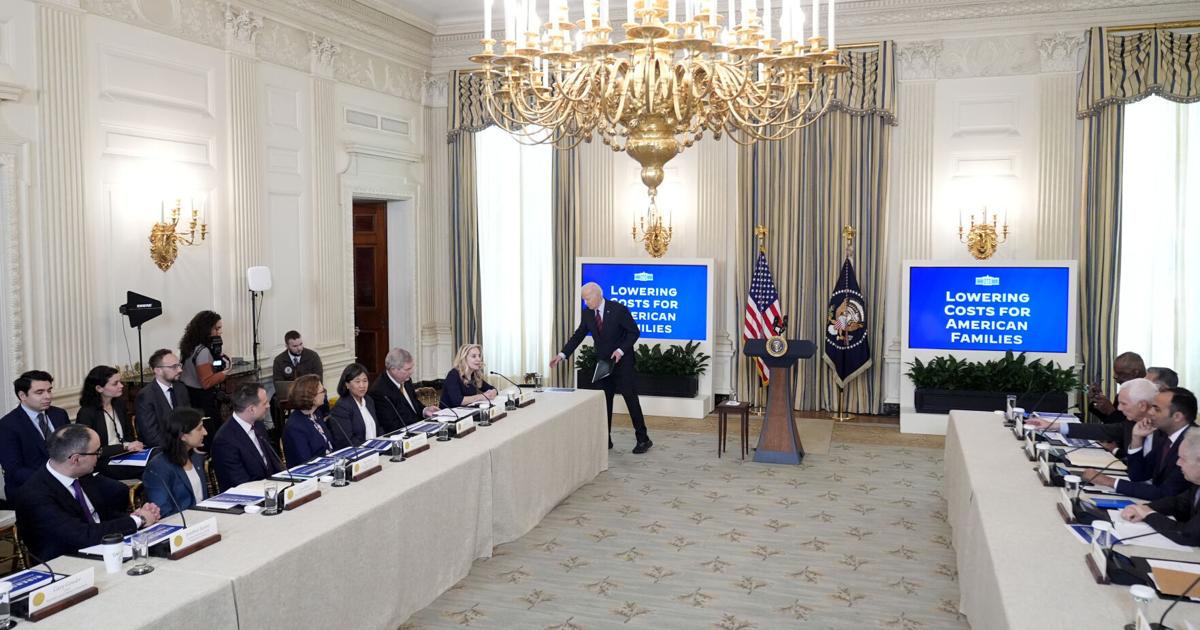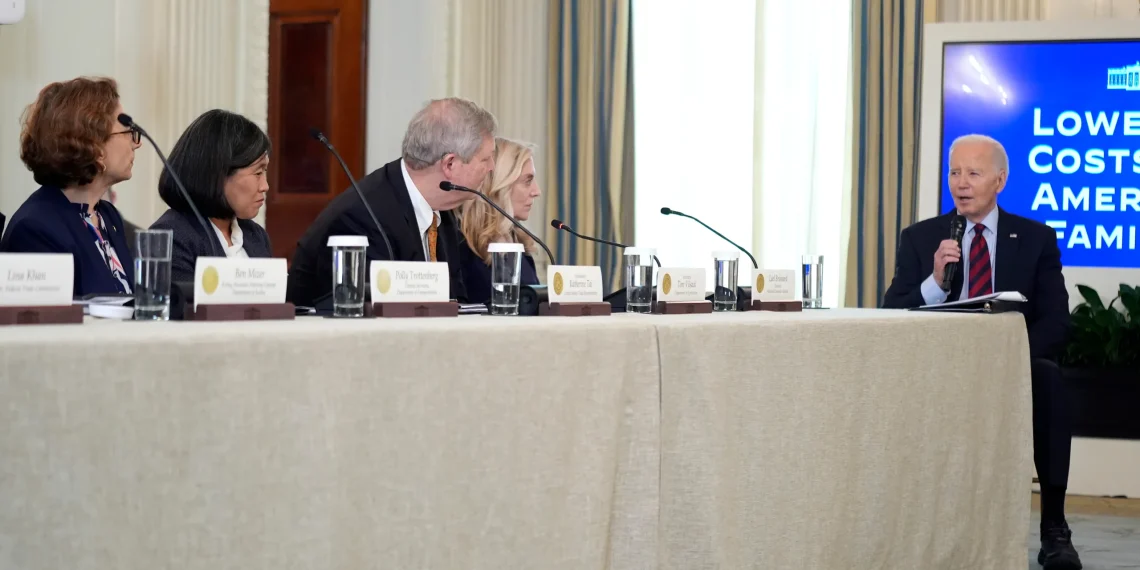A federal judge in Texas, known for conservative challenges against Biden administration policies, relocated a lawsuit contesting a rule limiting credit card late fees to a court in Washington, D.C.
Judge Mark Pittman reasoned that Washington was more appropriate as half of the suing business groups and the U.S. Consumer Financial Protection Bureau (CFPB) are based there.
The CFPB sought the transfer as no card issuer affected by the rule is headquartered in Fort Worth, Texas.

The U.S. Chamber of Commerce, a plaintiff along with five other groups, argued that affected cardholders resided in Fort Worth.
However, Pittman rejected this argument, asserting that the venue should be determined based on where the events occurred, not plaintiffs’ preferences.
Both the CFPB and Chamber of Commerce declined immediate comment on the transfer decision. The groups had petitioned Pittman to halt the rule, scheduled to take effect in May, while litigation proceeded, citing the need to notify consumers starting Friday.
The rule targets what the CFPB deems “excessive” late fees, estimating these costs consumers $12 billion annually.

It mandates that credit card issuers with over 1 million accounts cap late fees at $8 unless they can justify higher fees. Previously, issuers could charge up to $30 or $41 for subsequent late payments.
Pittman, concerned about the lawsuit’s jurisdiction in his court amidst a policy to prevent “judge shopping,” found transferring the case to Washington appropriate. This move follows a trend of conservative litigants challenging Biden administration policies in Fort Worth.
Pittman noted practical factors favoring Washington, such as the busyness of his court and taxpayer expenses for CFPB attorneys traveling to Texas.




